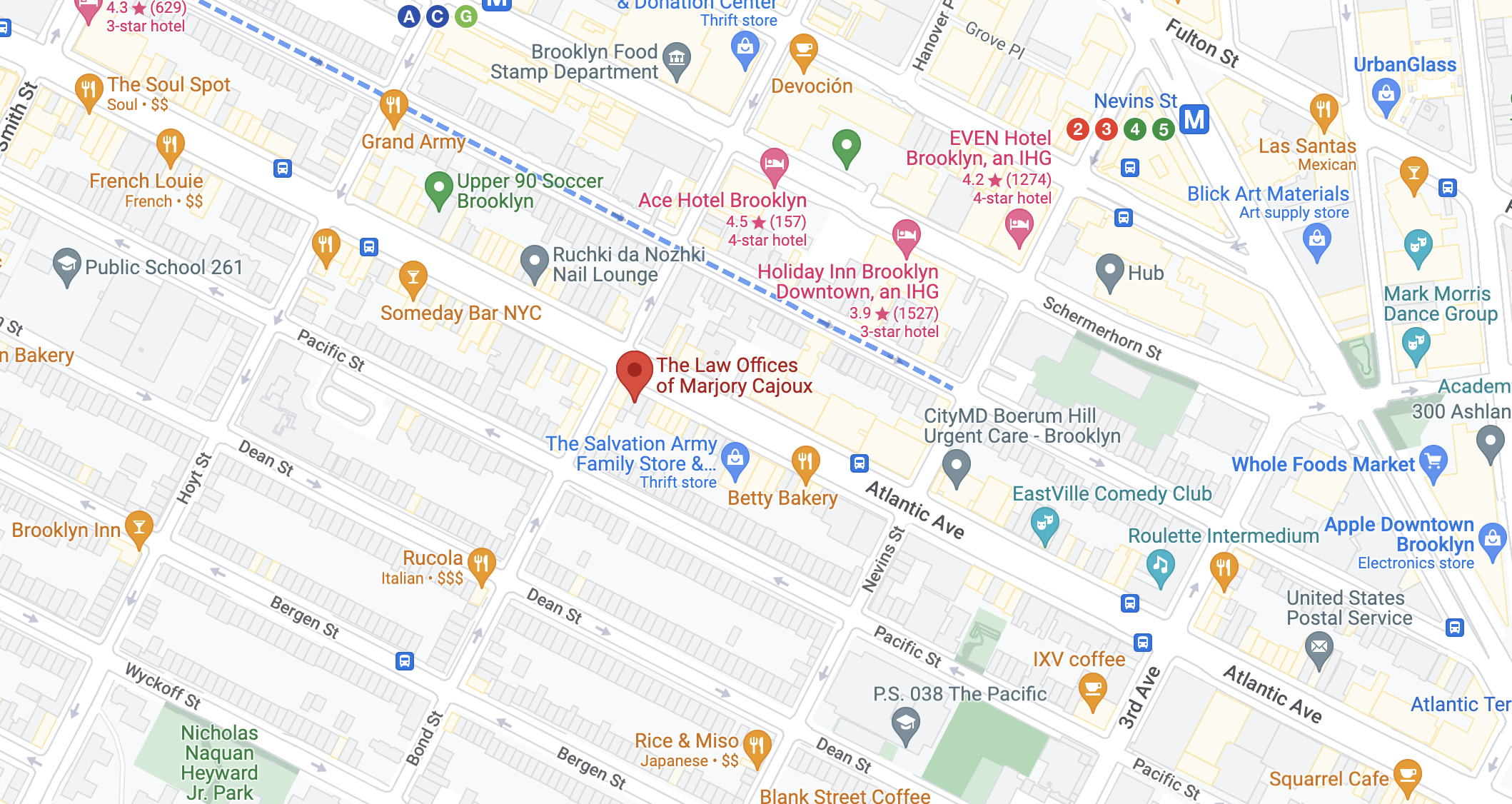When someone you love dies, you will look to their estate plan to determine how to carry out their last wishes and connect with the legacy they may have left for you and other loved ones. The contents of their estate plan and last will can be a source of comfort, as testators often spend much time trying to find a meaningful way to distribute their property.
Unfortunately, some people find themselves confronted with an estate plan that seems to fly in the face of everything they know about their recently deceased loved one. In the three situations below when family members suspect serious issues, they may need to contest the estate plan or last will to uphold the intended legacy of their loved one.
1) When they suspect fraud
Perhaps your loved one has left a questionably-worded digital estate plan that contradicts previous, physical documents. Their attorney doesn’t seem to have played a role in its creation, and there’s no record of notarization or witnesses beyond a few family members.
In such a scenario, family members may suspect fraud. The same is true of documents that family members suspect feature forged signatures or that a testator signed without understanding the contents.
2) When they believe someone put pressure on the testator
Someone in a caregiving position or similar authority role can use their social power or even medical authority to threaten someone for personal gain. If changes to an estate plan benefited an individual with control over your loved one’s medical or financial circumstances, undue influence may have impacted later revisions to their wishes.
3) When they believe their loved one lacked testamentary capacity
As people grow older, they sometimes experience cognitive decline or develop medical conditions like Alzheimer’s disease. When someone no longer has their full faculties, the courts may determine that they lack testamentary capacity and can no longer manage their own legal affairs.
If you believe your loved one met the criteria for lack of testamentary capacity at the time that they created the most recent last will or estate plan, the courts may review medical evidence supporting your claims and decide to revert to a previous last will or to handle the estate as though there were no last will.
Sometimes, people also challenge estate documents because they violate state law or they have inaccuracies that might render them invalid. Barring these kinds of extreme circumstances, those disappointed with the last will may not have any sound legal reason to go to probate court to challenge the wishes of a deceased family member.





